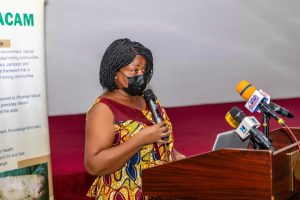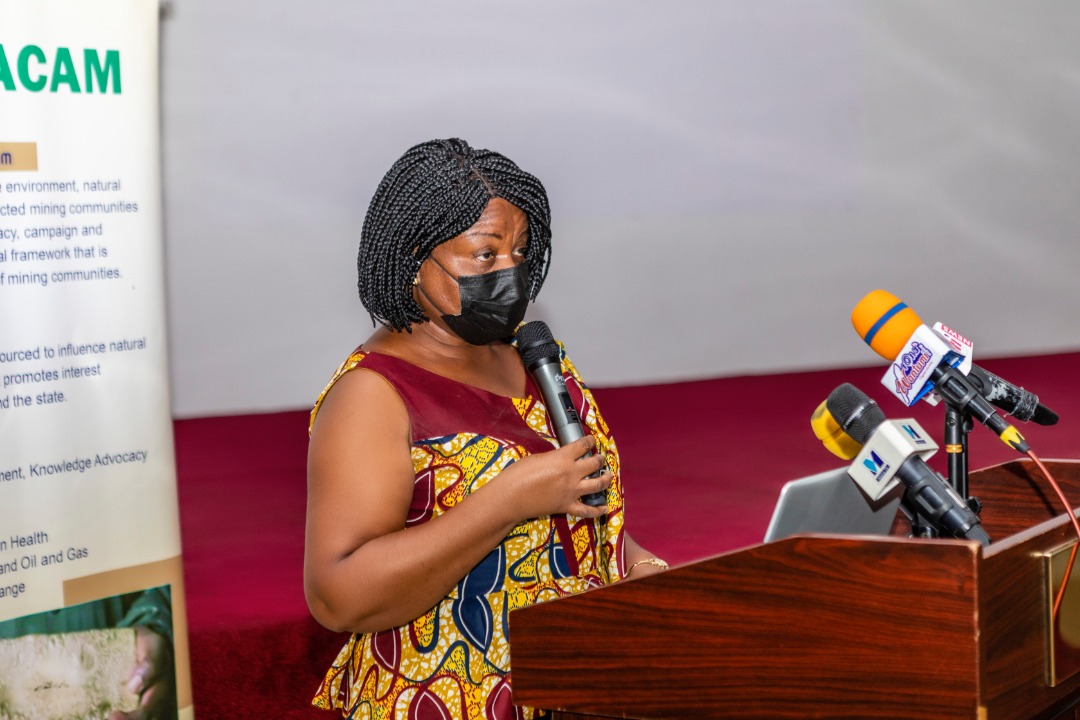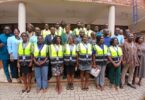Govt Urged To Respect FPIC! In mineral exploration activities
Story: Ato Keelson
The government has been urged to respect the principle of Free Prior and Informed Consent (FPIC) in mining or oil exploration activities.
The Associate Executive Director of Wacam, Mrs Hannah Owusu-Koranteng, who made the call, indicated that this message resonated at her outfit’s 6th National Conference organised recently at Ejisu-Abankro near Kumasi in the Ashanti Region.
“…communities that attended the 6th National Conference of Wacam developed a strong message to policymakers that, ““Nothing About Us Without Us””.
She explained that FPIC basically means that before mineral exploration of any kind takes place, the communities likely to be affected must be engaged by providing them with accurate information for them to either consent to or otherwise to that activity.
“FPIC is not compensation neither is it an EIA process, it is about engaging the communities and providing them with accurate, credible information based on the activity to be undertaken,” she further clarified.
Consequently, she stressed that it was imperative that the country begins the implementation of the FPIC principle in new areas and particularly communities that would be affected by onshore oil production.

Mrs Hannah Owusu-Koranteng, Associate Executive Director, Wacam, giving an address at the forum
According to her, a research conducted by her NGO revealed that initial engagements by agents of Ghana National Petroleum Corporation (GNPC) with affected communities in Atebubu-Amantin, Nkoranza South and North Districts where there is ongoing onshore oil exploration did not meet the minimum standards of the FPIC protocols.
“…if we get the foundation wrong in the community consent process with respect to onshore oil exploration, we are bound to reap the same result of conflicts, human rights abuses, environmental pollution, social and cultural disintegration which had been associated with gold mining and mining operations in the country,” she cautioned.
She therefore stressed the need to avoid the situation associated with gold mining.
Mrs Owusu-Koranteng indicated that the mistakes with gold mining should not be repeated in communities likely to be affected by onshore oil production.
“We have made similar mistakes in Ghana with respect to gold mining in our quest to attract mining investors to exploit our natural wealth. It is not too late to change the narrative by placing human beings, especially the citizens who will be affected by the wrong decisions we take at the centre of our developmental options to reduce their suffering,” she advised.
The Associate Executive Director of Wacam said Ghana should be the pacesetter in championing responsible development within the sub-region where sustainable development would take place without sacrificing communities and the vulnerable to satisfy the “greed of foreign business at the expense of our country.”
Source: www.thenewindependentonline.com








